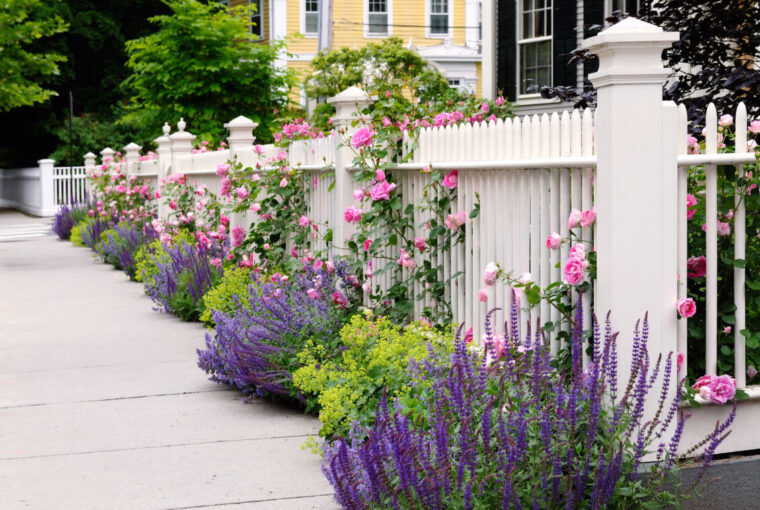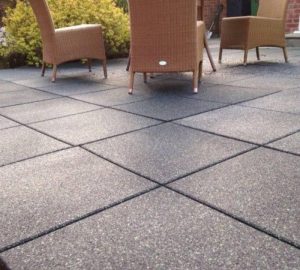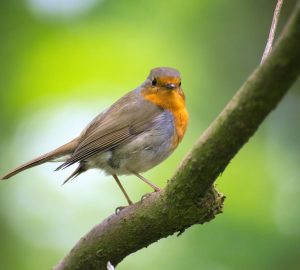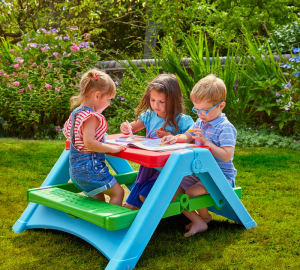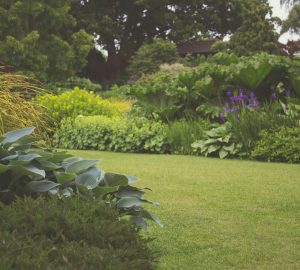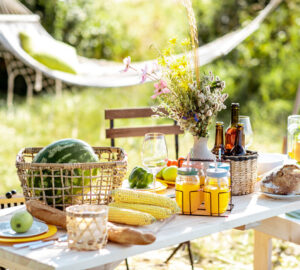In a neighborhood with lots of green spaces—because they’re near parks and woodlands—animals can be a constant threat to your garden.
Months of preparation and nurturing can easily get destroyed in a moment by wild animals. Homeowners may want to devise means to keep rabbits, deer, squirrels, moles, and other animals away from their prized plants. The effort you make in improving the landscape, nurturing the plants and vegetables will be protected by using animal deterrent measures.
You can keep animals away from the garden by employing natural repellants, artificial barriers and other measures. The basis for your selection comes down to which animal is destroying your garden, your budget, and the neighborhood you live in.
Below are some of the tips that can help you keep the animals safely away:
1. Determine Which Animal Is Causing The Trouble
The logical first step is to determine which wild animal is wreaking havoc in your garden. Check for signs of nibbling on the flowers, dead plants, paws on the garden, or by determining the type of secretions left in the garden.

For instance, if you figure out that the animal responsible is a deer, the measures choosen must predominantly aim to keep them away. On the other hand, if you realise that animals like dogs or cats are damaging the landscape or the roots of young plants in your garden, you can’t use the same tactics you used for repelling deer.
2. Install A Fence
Fencing is one of the traditional ways of restricting entry into properties. As a homeowner, you can use different types of fencing to protect your garden from animals. Fencing also adds to your home’s visual appeal and improves your privacy.
Below are some fence ideas you can implement:
- Chicken Wire: Animals can munch on young vegetables or other young plants; they also use tiny holes or gaps to enter your garden. Use chicken mesh in combination with other fencing solutions. You can also install it slightly deeper to keep away rabbits who are capable of burrowing.
- Tall Fence: A deer can jump as high as 6 feet; ensure the fence is at least 8 feet tall. You can also incorporate trees and bushes into your boarder to conceal your garden and keep its contents hidden from animals.
- Plastic Bird Nets: You can protect specific plants by using nets or mesh around them. Herbs, flowers, and other vegetables may not need a huge investments such as a fence. A net can be cost-friendly, convenient and work just as well.
3. Embrace Natural Repellants
There are several organic solutions that you can apply in combination measures like the installation of a fence. Herbivores don’t always feed on any green matter available; they tend not to eat plants that emit strong and irritating odors.
Below is a breakdown of the available natural repellants you can apply:
- Rabbit Repellants: Rabbits dislike the smell of azalea, peony, and marigold plants. Plant them at the entry points and other areas not just to improve the aesthetic value of your garden, but also to prevent its destruction.
- Deer Repellant: Deer can cause a lot of damage to your garden and they’re really hard to deter using only one tactic. Plant mullein, bleeding hearts, and daffodils at the garden’s perimeter to keep deer away.
- Mole Repellants: Moles are underground animals that are difficult to spot until they cause damage to your garden. Use herbs such as garlic, chives, leek, onion, & shallot to repel them from damaging plants and their roots.
- Home Pets: The presence of a dog repels most animals. Utilise your cat’s hunting instincts to keep away rodents, squirrels, and other small animals.
- Home Made Cayenne Solution: Make a cayenne solution using hot water, white vinegar, and let it sit for four days. Cayenne contains capsaicin and is too hot for animals to eat. Spray the solution on the plants’ leaves to keep, deer, rabbits, and squirrels away.
4. Use Predator Urine
Wild herbivores use their sense of smell to keep off areas that have been visited by carnivores. For example, wolf and coyote urine are effective in repelling deer and rabbits. Manufacturers have designed chemicals that mimic carnivore’s urine and other natural scents. When wild animals smell such scents, they translate the area as unsafe, and the unappealing smell deters them. Knowing which animal is causing havoc in your garden will help you figure out the type of repellant to buy.
Conclusion
We’d personally grow as many plants as possible to entice deer and other wildlife visitors into our garden, as we love animals. A wildlife garden is our favourite type of garden.

Although we appreciate that this is not what everyone would want. For some it’s important to find a way to protect their garden from wild animals, therefore after identifying which animals are damaging your garden, use a fence, natural repellants, pets, or other measures to help.
